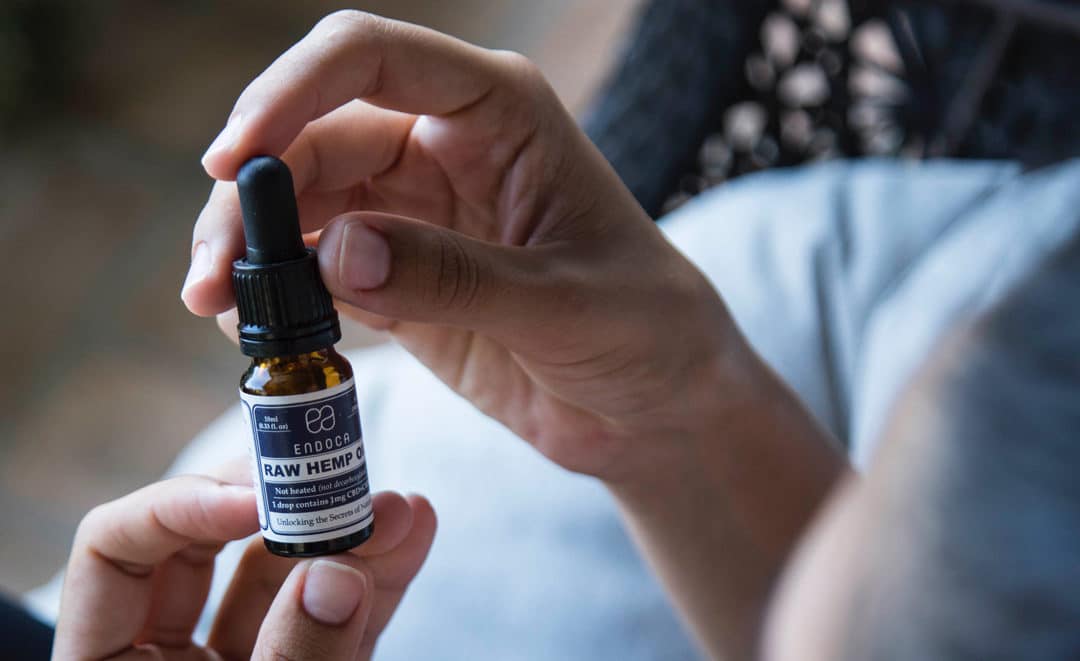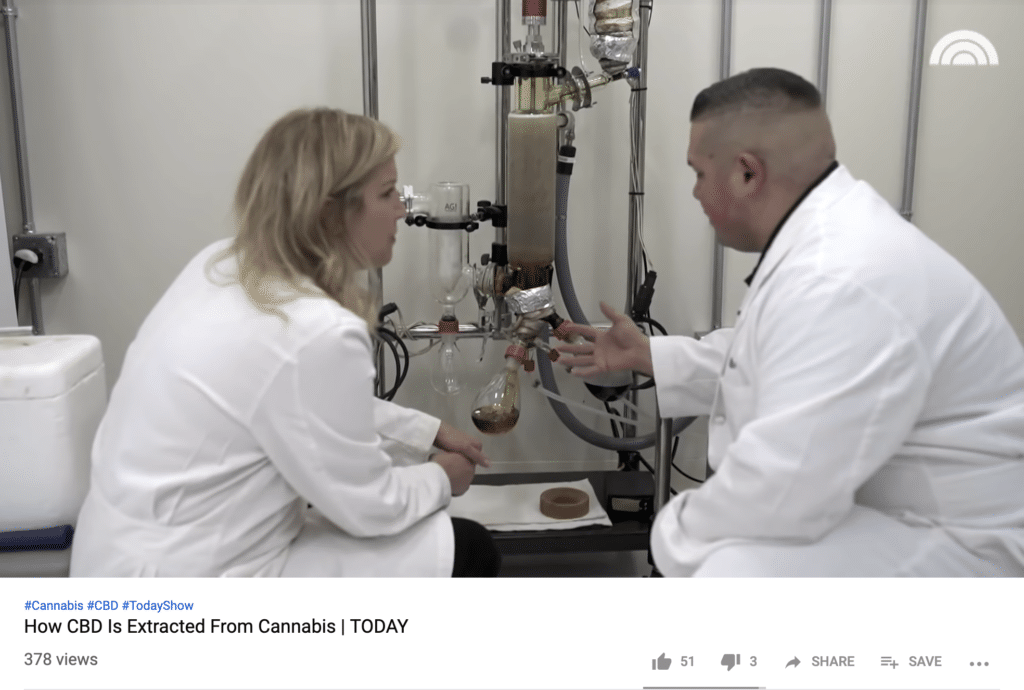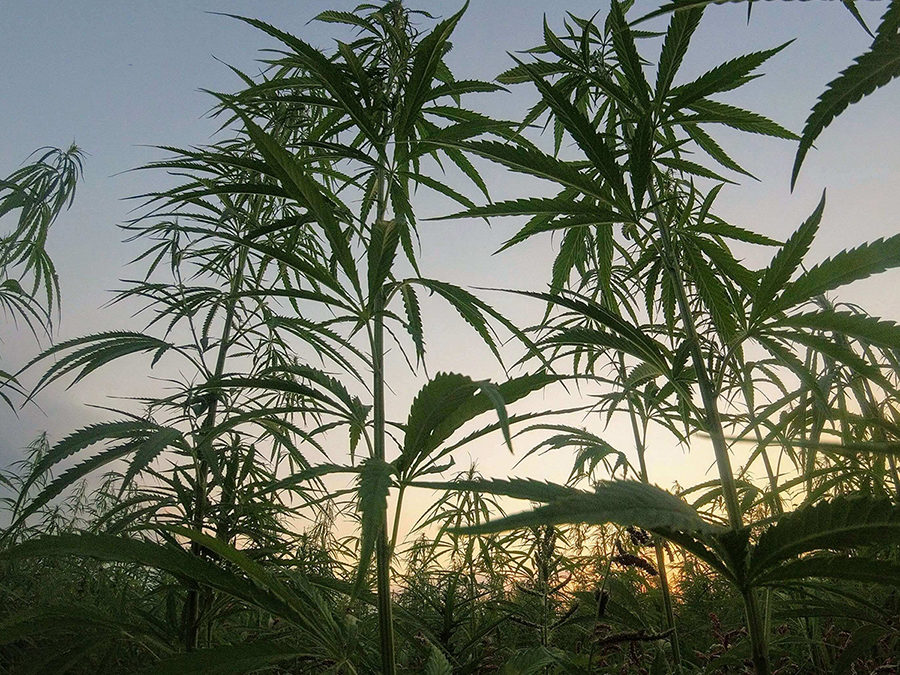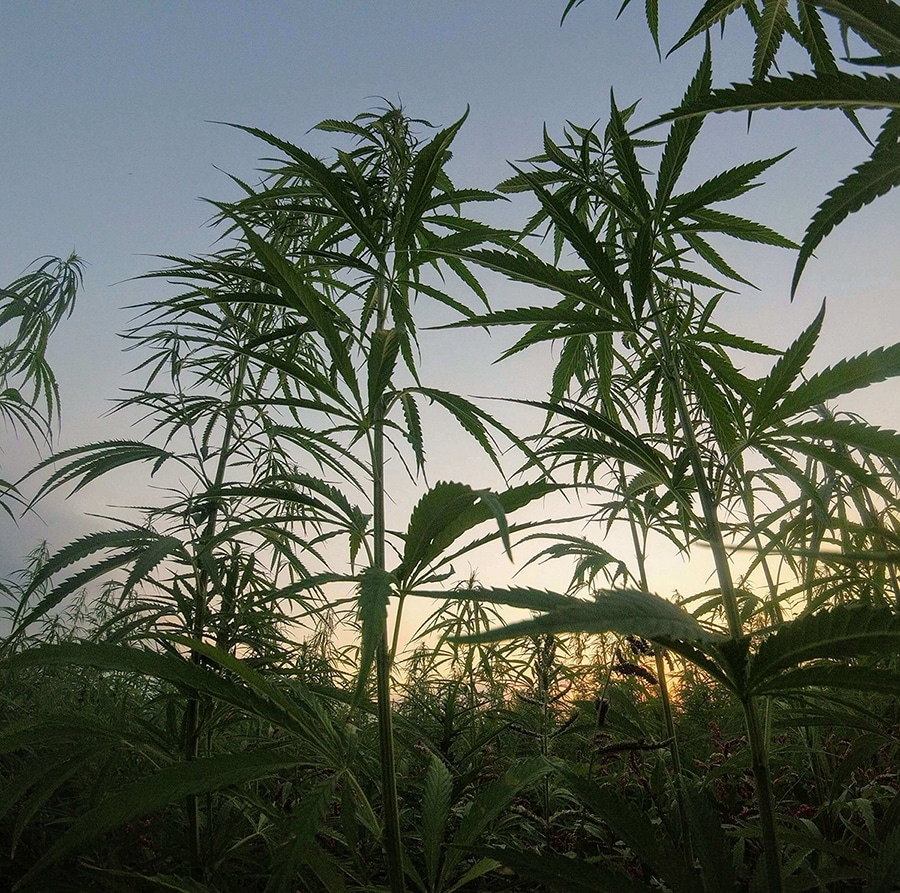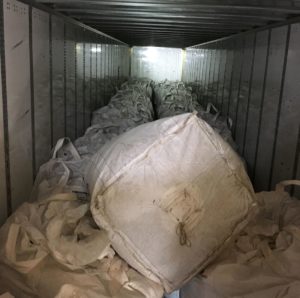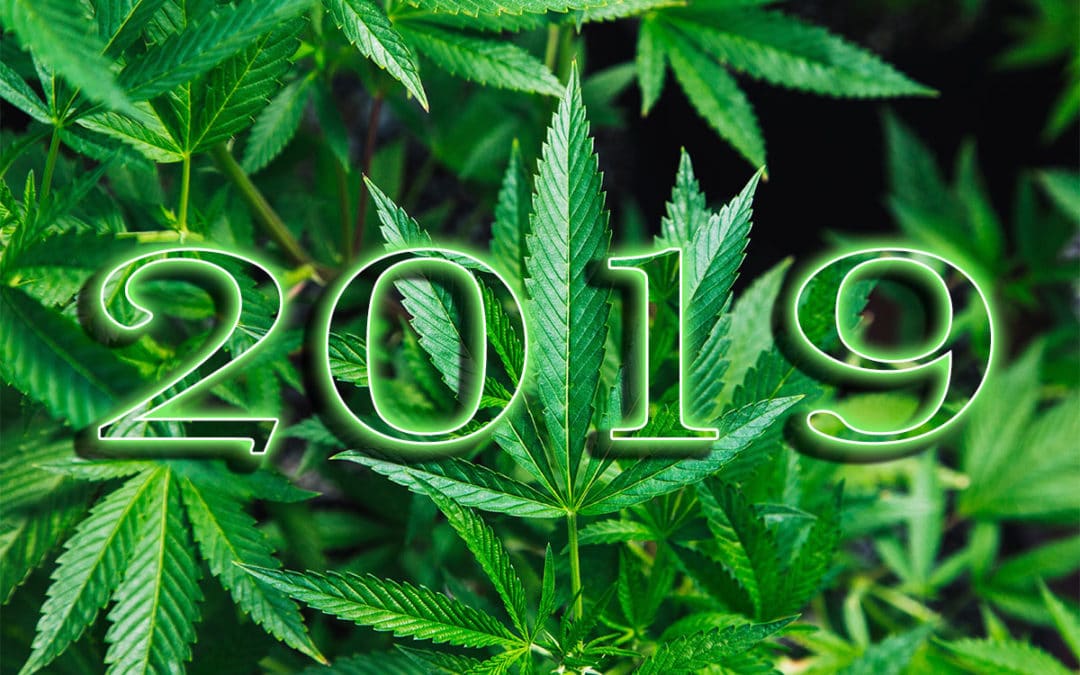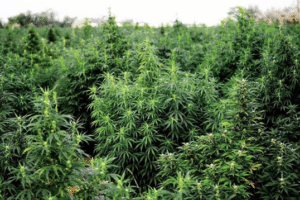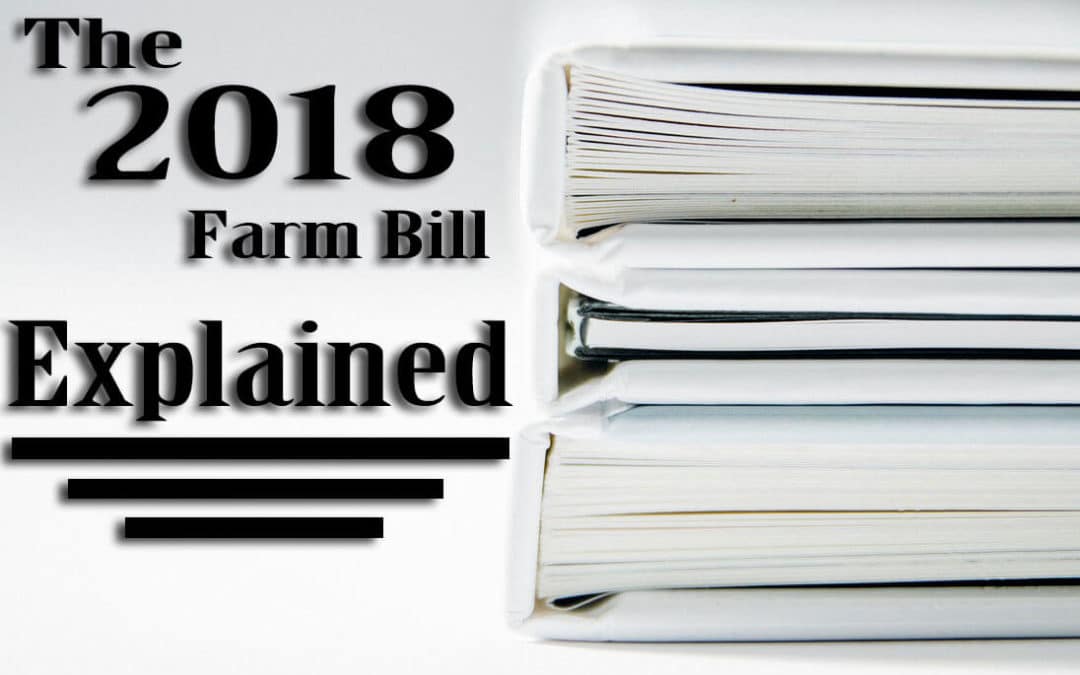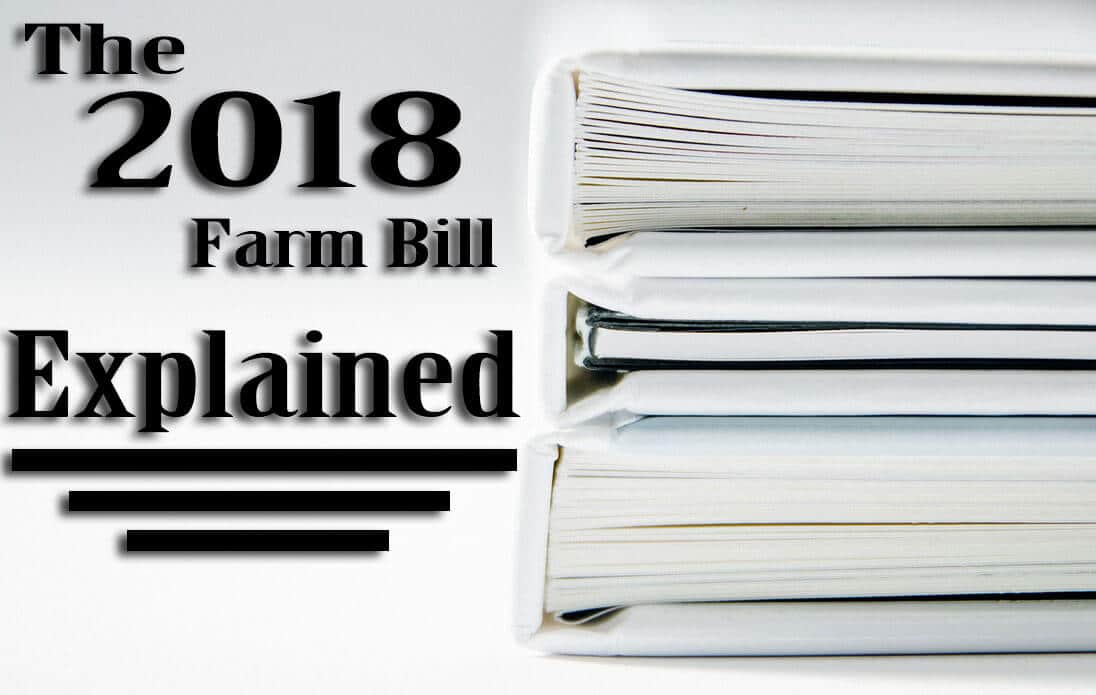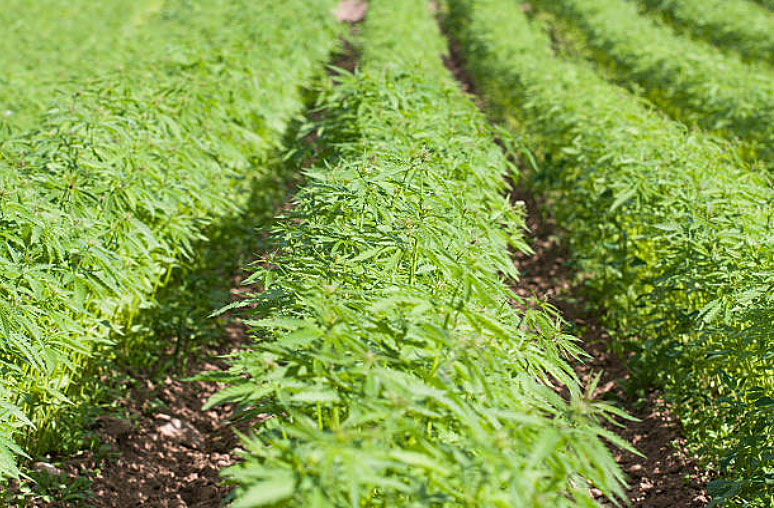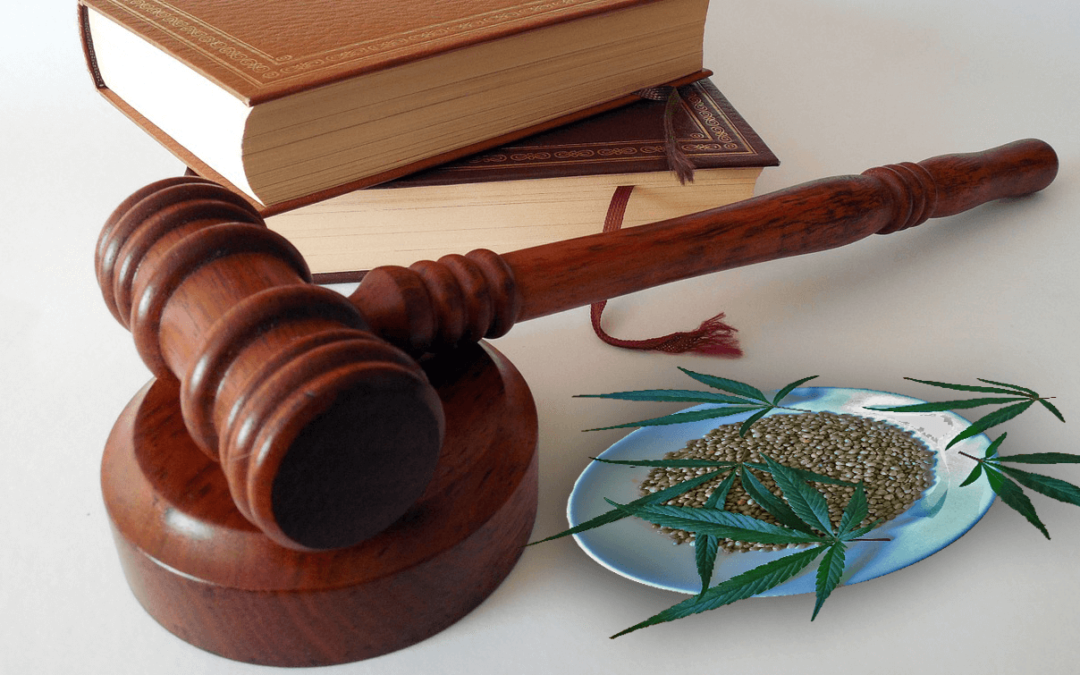
Hemp Laws Explained with Vicente Sederberg LLC
Podcast: Play in new window | Embed
Subscribe: Google Podcasts | Spotify | iHeartRadio | Stitcher | Email | TuneIn | RSS

The times, they are a changin’. So are the hemp laws.
The hemp economy is growing at a rapid rate. The Farm Bill, passed in 2018, has opened the floodgates for states to establish their own legal hemp programs. But it isn’t an easy transition.
Some states aren’t on board yet, and some still have laws on the books that criminalize hemp. People are trying to get into the CBD industry, but there is still very little regulation, and a lot of the hype around could be dangerous.
What Are The Hemp Laws?
Every state has different hemp laws for the most part. But now the federal government has legalized “industrial hemp” for commercial production, processing and interstate commerce, conflicting with a lot of states’ current laws.
Industrial hemp, as defined in the Farm Bill, is any part of the cannabis sativa plant with a THC percentage lower or equal to .3%. A lot of states already had a similar law at the state level, and similar to legal cannabis on the state level, federal government entities for the most part left them alone.
Other states had even more strict hemp laws. The states with stricter hemp laws compared to new federal law do not have to conform to the new federal law, because they are technically still within that law.
Colorado, which had a Constitutional amendment added that granted the right to grow hemp that was .3% THC, removed that amendment prior to the passing of the Farm Bill with a vote. This way, Colorado completely takes on the new federal definition of industrial hemp, with no chance of state-constitutional conflict should the regulations change on the federal level in the future.
The Hemp CBD Dilemma
In most major cities, there are more and more natural health stores popping up with CBD products. Other major chains like Whole Foods, CVS and Walgreens are adding CBD to their shelves. But what’s the actual regulation around CBD?
The FDA currently has no standing regulation surrounding CBD. While the Farm Bill changed the regulation surrounding industrial hemp, there were no changes made to food products, supplements and the like made from hemp. This has a big impact on CBD products.
Most states match the food and drug laws to the FDA’s regulations, but some states have made local changes to allow products like CBD, Kratom and others. A major conflict that has arose since the CBD market has begun to take off is the question of whether or not CBD is a medicine, or a supplement.
According to the FDA, a product that is regulated and labelled as a drug, cannot also be sold a food supplement. There have already been drugs made from CBD for epilepsy, and this is causing a stand still. This makes branding CBD products a challenge, with people coming up with new names for what really is just CBD oil.
Hemp oil, hemp seed oil, hemp extract, etc., are all product names you’ll see on the shelves at your local health store. The chances of seeing a product labelled with CBD in the name are slim right now.
This Week’s Episode
There is so much more to dive into with hemp and CBD laws in the new market of 2019, that writing it all here would be thousands and thousands of words. So why not hear it from people who have been studying hemp law for years?
Shaun Hauser and Andrew Livingston head the Hemp Division of Vicente Sederberg LLC. Vicente Sederberg is one of the most well-known and renowned cannabis law firms in the country, and they have an entire wing devoted to hemp laws.
In this week’s episode Andrew, Chip, Justin and Shaun talk about the new hemp laws, how it affects the states, the complications of the new CBD industry and more surrounding the legal hemp industry and the new laws surrounding it. Most lawyers would charge hundreds of dollars just for one hour of consultation on hemp laws.
In this week’s episode of The Real Dirt, we get it all. FOR FREE. Listen to the full episode now, and join the Real Dirt Facebook Group to share your thoughts on the episode!
Listen on iTunes
Listen on Spotify
Listen on Stitcher
Join our Group!
Podcast: Play in new window | Embed
Subscribe: Google Podcasts | Spotify | iHeartRadio | Stitcher | Email | TuneIn | RSS

